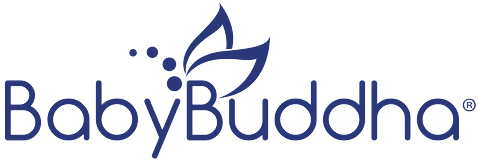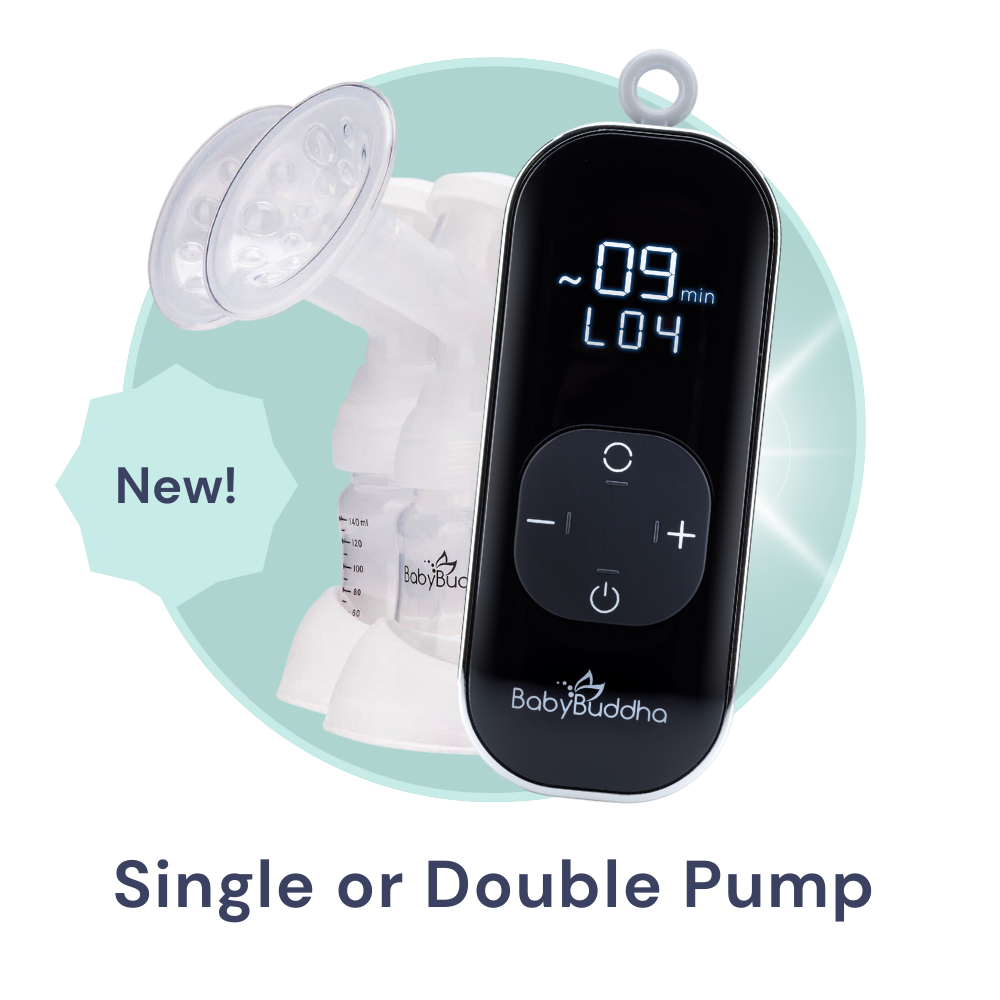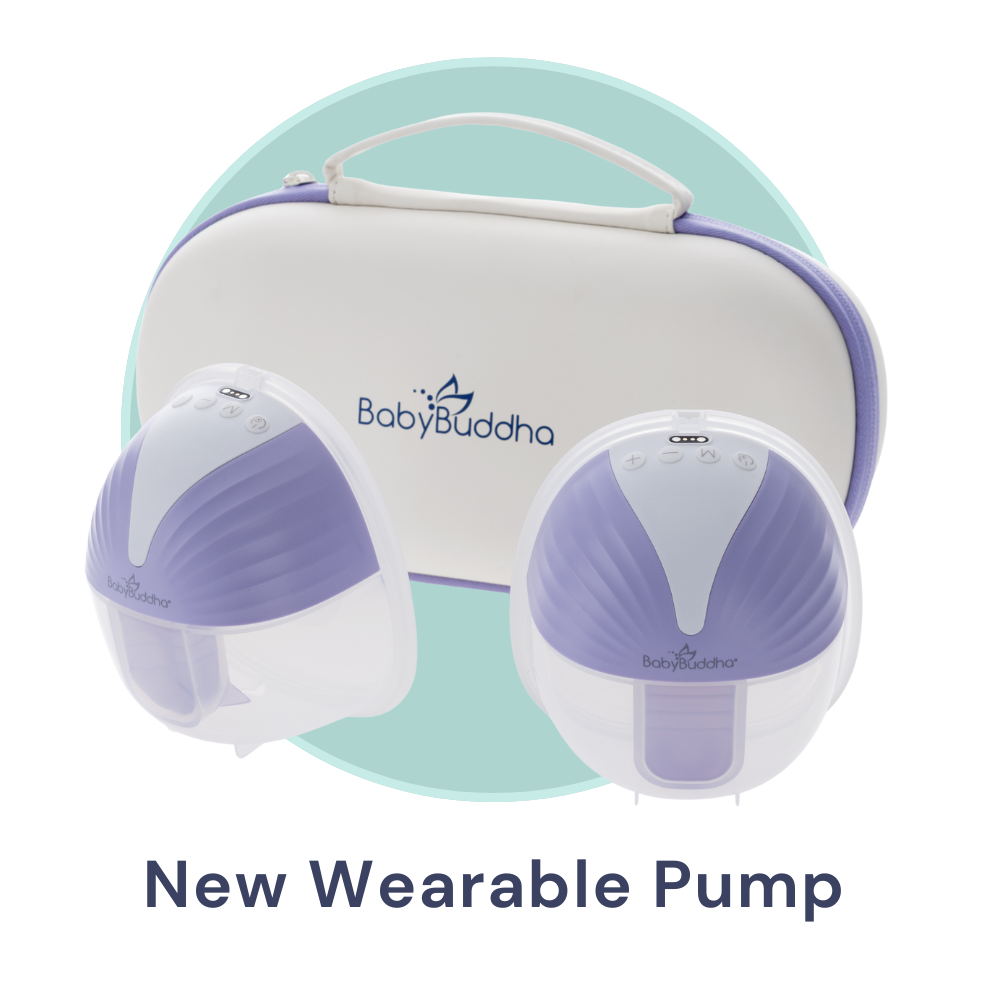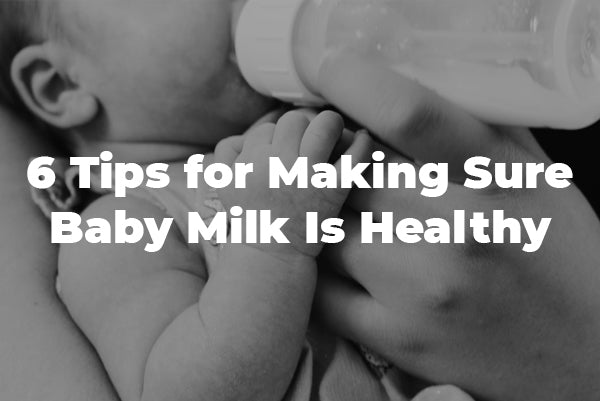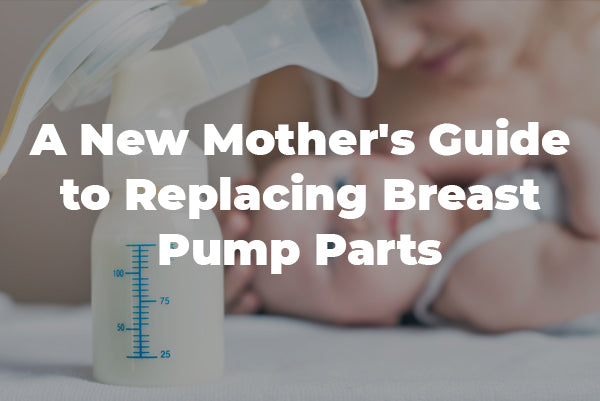Breastfeeding has numerous benefits for your baby. Not only does your breast milk contain everything that your baby needs to survive their first months of life, but it can also help lay the foundation for preventing health issues such as obesity and diabetes as your child grows.
While your main priority may be to make sure that your baby is well-fed and happy, it also helps to know that breastfeeding provides new moms with benefits as well. On top of nourishing your baby, you may be able to enjoy several mental health benefits that could help you ease into your new parenting routine.
Ease the Symptoms of Anxiety
Many new parents struggle with anxiety, and it’s important to avoid letting your worries spiral out of control. Although it’s natural to feel temporarily anxious if you can't figure out why your baby is crying, you might need assistance if anxiety is taking over your life.
Breastfeeding moms often report that they feel less anxious compared to parents who are solely formula-feeding, and there is evidence to back these claims. Studies have shown that mothers who breastfeed display physical signs of reduced anxiety such as lower blood pressure and heart rate reactivity.
Choosing to breastfeed can also alleviate common concerns that occur with feeding infants. For instance, you won't have to worry about running out of formula in the middle of the night or while you are away from home. With breastfeeding, you'll know that your baby is receiving safe and nourishing milk that is perfect for their growing body.
Reduce Your Risk of Developing Postpartum Depression
Postpartum depression is a serious concern for all new moms, and it is important to watch out for the most common symptoms, which include feeling sad or losing interest in your favorite activities for more than a few weeks. While breastfeeding moms aren't immune from developing postpartum depression, they are less likely to develop this mental health condition.
During breastfeeding, your body produces hormones such as oxytocin that can have a protective effect in preventing postpartum depression. Maintaining a more stable mood helps you to enjoy bonding with your baby, and feeling happy can make it easier to manage stressful parenting moments.
Improve Your Personal Interactions
Hormonal fluctuations that occur after giving birth may leave you feeling as if you’re on an emotional rollercoaster. While your hormones will eventually stabilize, you may need all the help you can get to avoid meltdowns during challenging interactions with other people.
Interestingly, that hormone oxytocin that your body releases while you are breastfeeding can once again help your mental health by affecting how you view other people's emotional reactions. Breastfeeding moms with higher oxytocin levels tend to have a reduced reaction to other people's negative emotions and a higher positive reaction to happy emotional responses.
Feeling more joy and less unhappiness helps you to be a stronger nurturer, and it may help you to maintain more social connections that promote positive mental health as you navigate the challenges of parenthood.
Address Common Parenting Stresses
Life with a newborn baby is often hectic. Parents often feel overwhelmed by having to rush to the store when their baby drinks through their current supply of formula. Or, you might feel stressed out because you’re trying to determine which formula is best for your little one. After all, many babies have formula sensitivities that can lead to gassiness and fussiness that lasts throughout the night.
Breast milk is always at the right temperature, and babies usually easily tolerate it since it is formulated to fit your baby's needs. Reducing gassiness and avoiding common problems such as having to experiment until you find the right formula helps you to focus on simply enjoying your feeding times with your infant.
Strengthen Your Parent-Child Bond
There’s something pretty special about knowing that your body is capable of producing everything that you need to feed your baby during their first few months of life. You'll also find that breastfeeding gives you lots of opportunities for experiencing skin-to-skin touching and making eye contact with your baby.
Spending so much time together engaged in one of the most natural and life-sustaining activities you can do increases the love that you feel towards your infant, which has a positive impact on your overall mental adjustment to new parenthood.
Tips for Creating a Positive Breastfeeding Experience
Breastfeeding has so many benefits for your mental health that it’s worth making sure that you'll be able to nurse your baby for as long as you prefer. New moms sometimes encounter a few challenges with breastfeeding, and you can use these strategies to increase your enjoyment of this amazing time in your life.
Check to Make Sure Your Medications Are Safe
Some medications can make it into your breast milk and affect your baby's health. Although many nursing women can still take prescribed antidepressants without any negative incidents, you'll still want to check with your doctor about any medications to make sure that they’re safe.
If they aren't, you can work with your physician to find alternative methods to manage your mental health while you’re breastfeeding.
In addition to cutting out certain medications, you'll also want to watch your alcohol intake. You may need to avoid drinking alcohol unless you have stocked an adequate supply of breast milk in your refrigerator. If you’re struggling with quitting drinking, seeking treatment can help you avoid imbibing alcohol and passing it to your baby during breastfeeding.
Seek Help with Handling Breastfeeding Challenges
For many women, breastfeeding isn't something that comes easily. You might experience breast soreness, or your baby might struggle with latching on. During these times, try to remember that a breastfeeding relationship could take time to develop.
Eventually, you and your baby will probably settle into a comfortable routine. Until then, reach out to a lactation consultant or your physician to find solutions for common challenges.
As a final note, it helps to view breastfeeding as a journey. Your mental health matters, and making sure that you have the support you need to navigate this new experience helps you to be a happier and stronger mom.
While it might initially feel as though those sleepless nights will last forever, the truth is that this is a brief period in your life. You can also rest assured that taking care of your mental health will pay off when you look back on your early breastfeeding journey as a time when you fell even more in love with your new baby.
Sources
who.int - Health Topics: Breastfeeding
ncbi.nlm.nih.gov - Psychological Effects of Breastfeeding On Children and Mothers
news.sanfordhealth.org - The Importance of Skin-to-Skin After Delivery
neurosciencenews.com - Breastfeeding Hormones Make Moms Happier
my.clevelandclinic.org - The Benefits of Breastfeeding
womensmentalhealth.org - Breastfeeding and Medications
sunshinebehavioralhealth.com - Holistic Rehab
frontiersin.org - Mind the Mother
